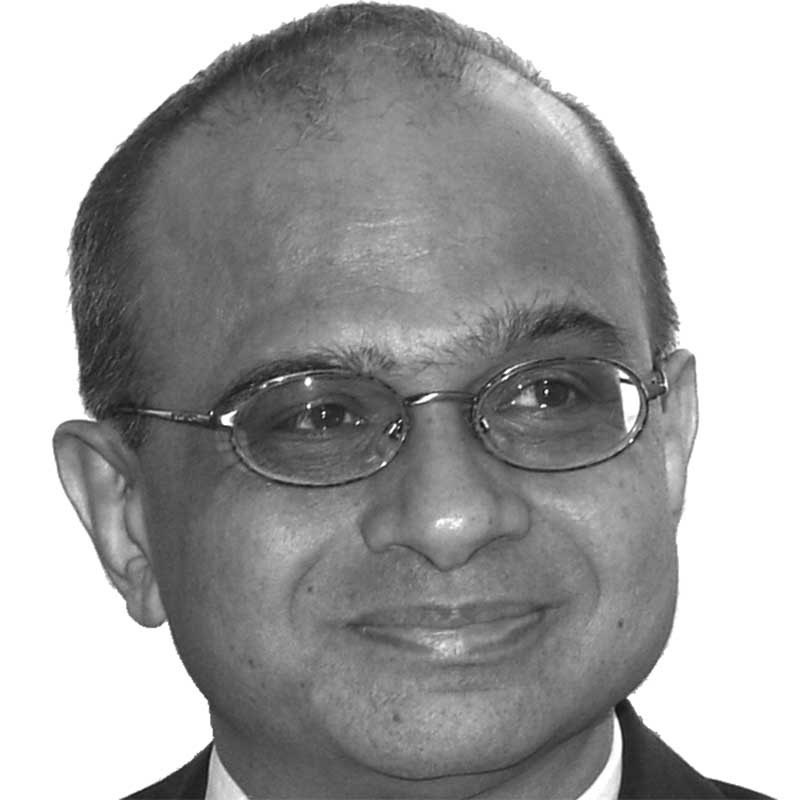
Brahma Chellaney
Brahma Chellaney, a longstanding contributor to The Japan Times, is a geostrategist and the author of "Asian Juggernaut" (Harper, 2010) and "Water: Asia’s New Battlefield" (Georgetown University Press, 2011), which won the 2012 Bernard Schwartz Award. He is professor of strategic studies at the Center for Policy Research, New Delhi.
Jul 30, 2004
Jun 21, 2004
May 9, 2004
Apr 22, 2004
Mar 22, 2004
Sep 13, 2003
Jul 8, 2003
Jun 28, 2003
Apr 27, 2003
Mar 14, 2003
Oct 26, 2002
Oct 12, 2002
Aug 28, 2002
Aug 11, 2002
Jun 5, 2002
Mar 28, 2002
Feb 3, 2002














